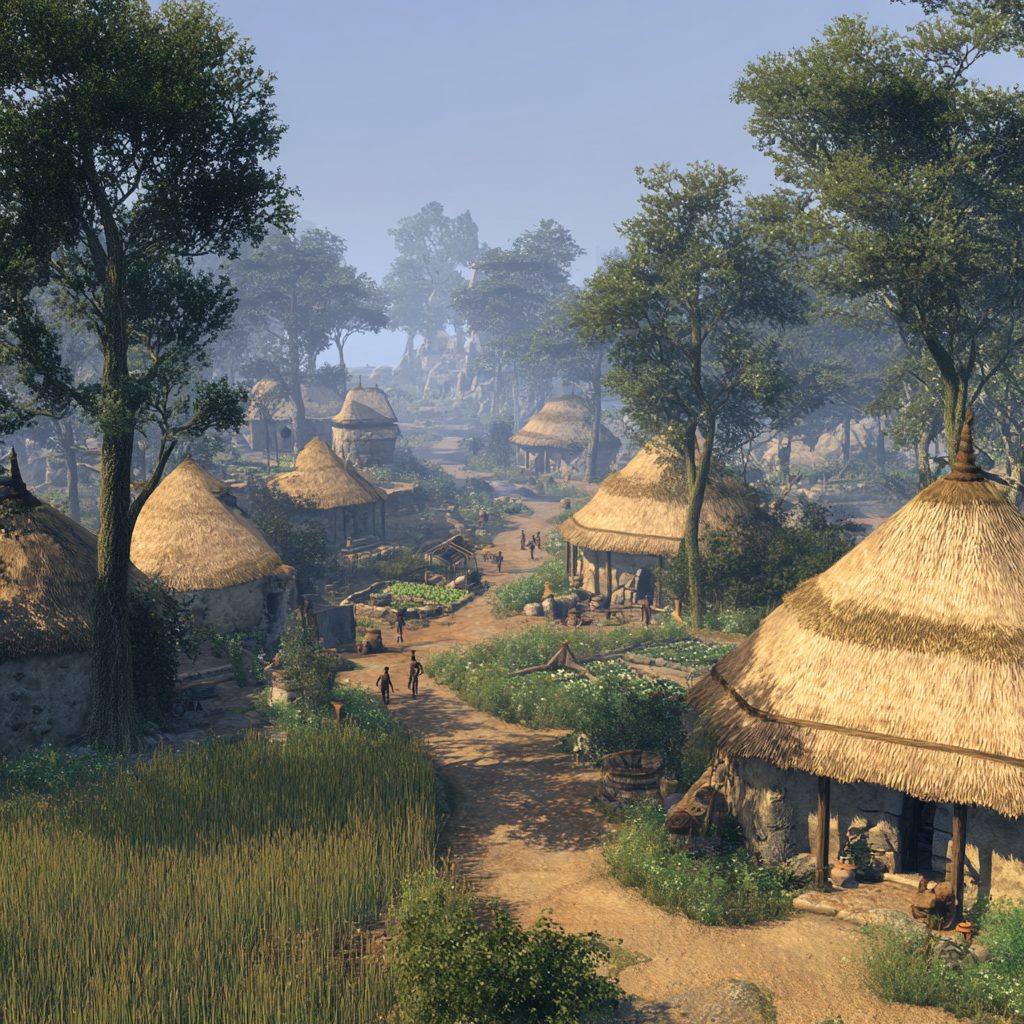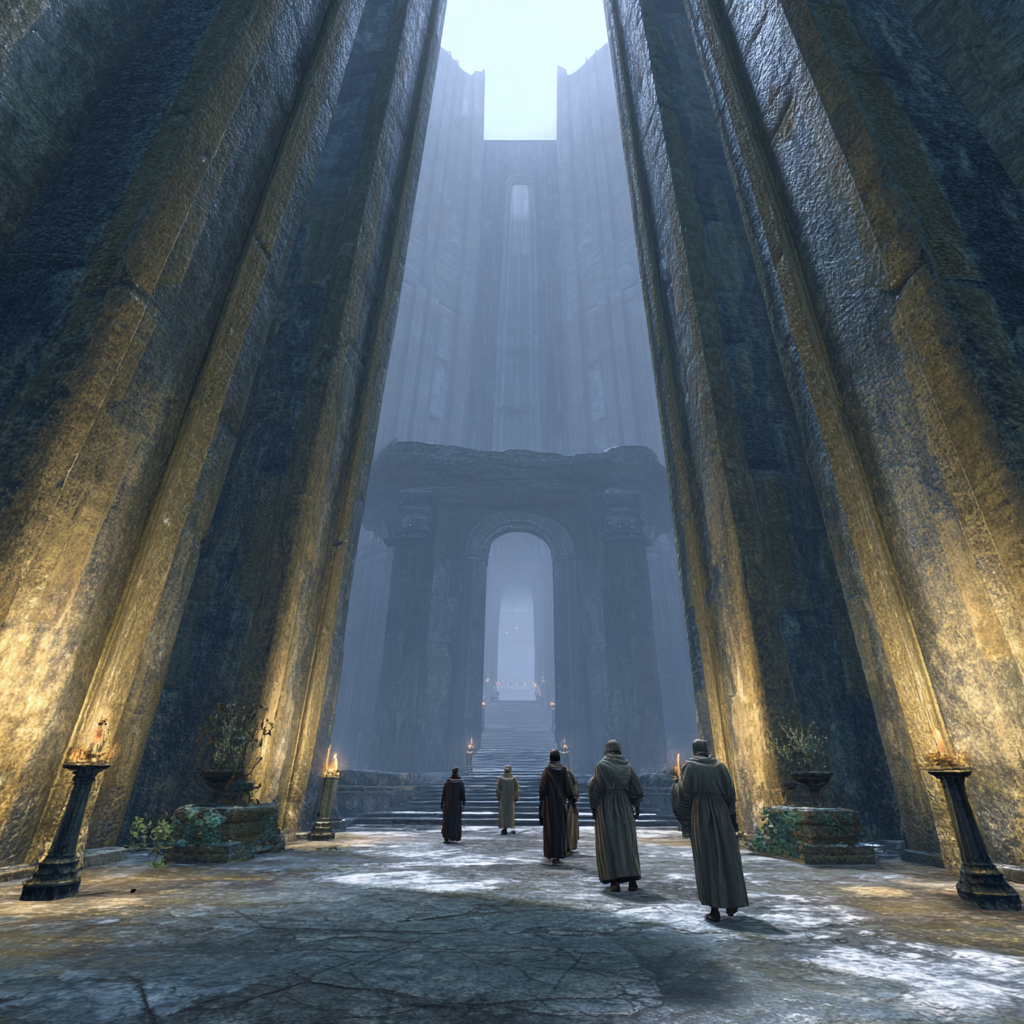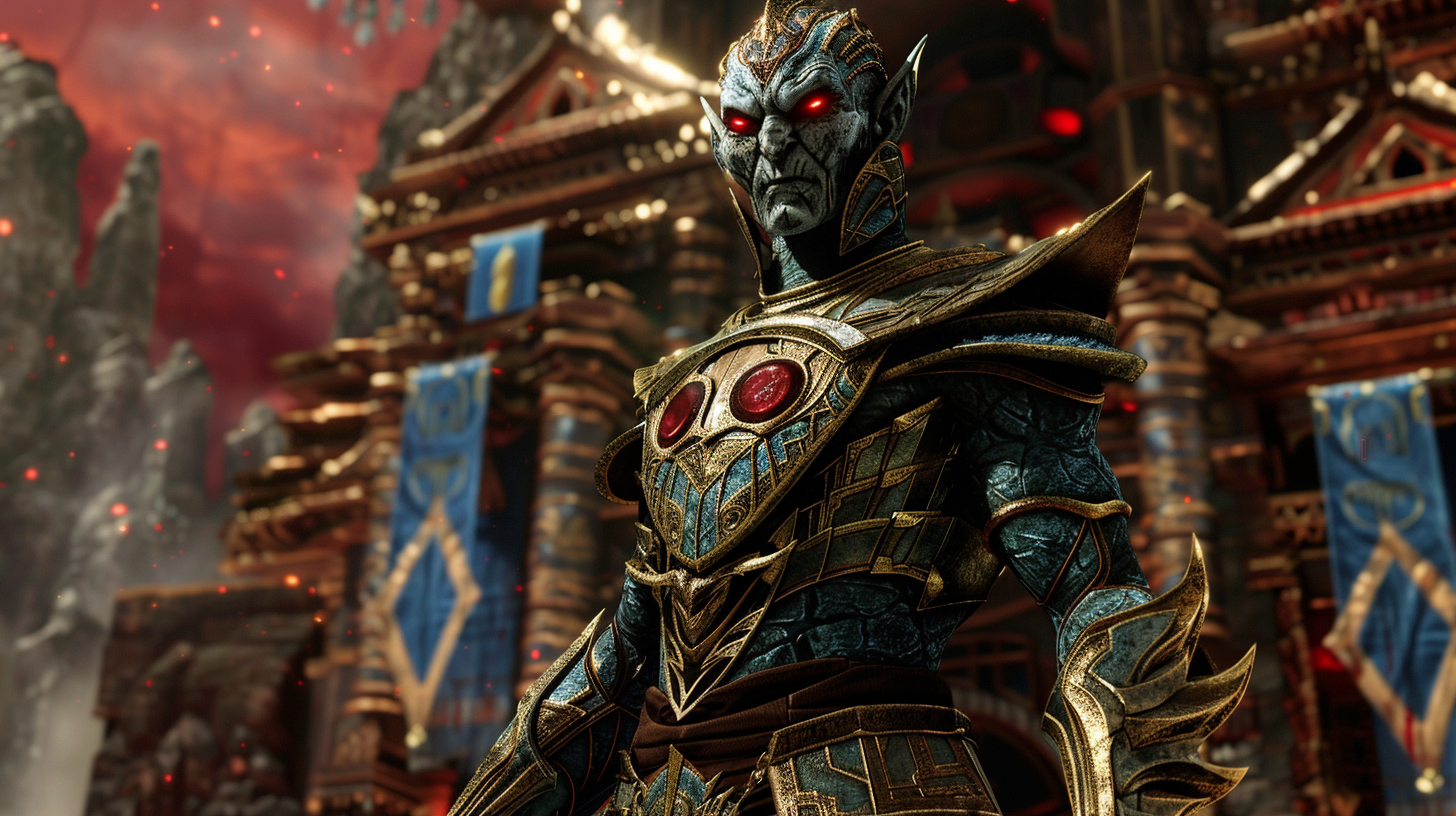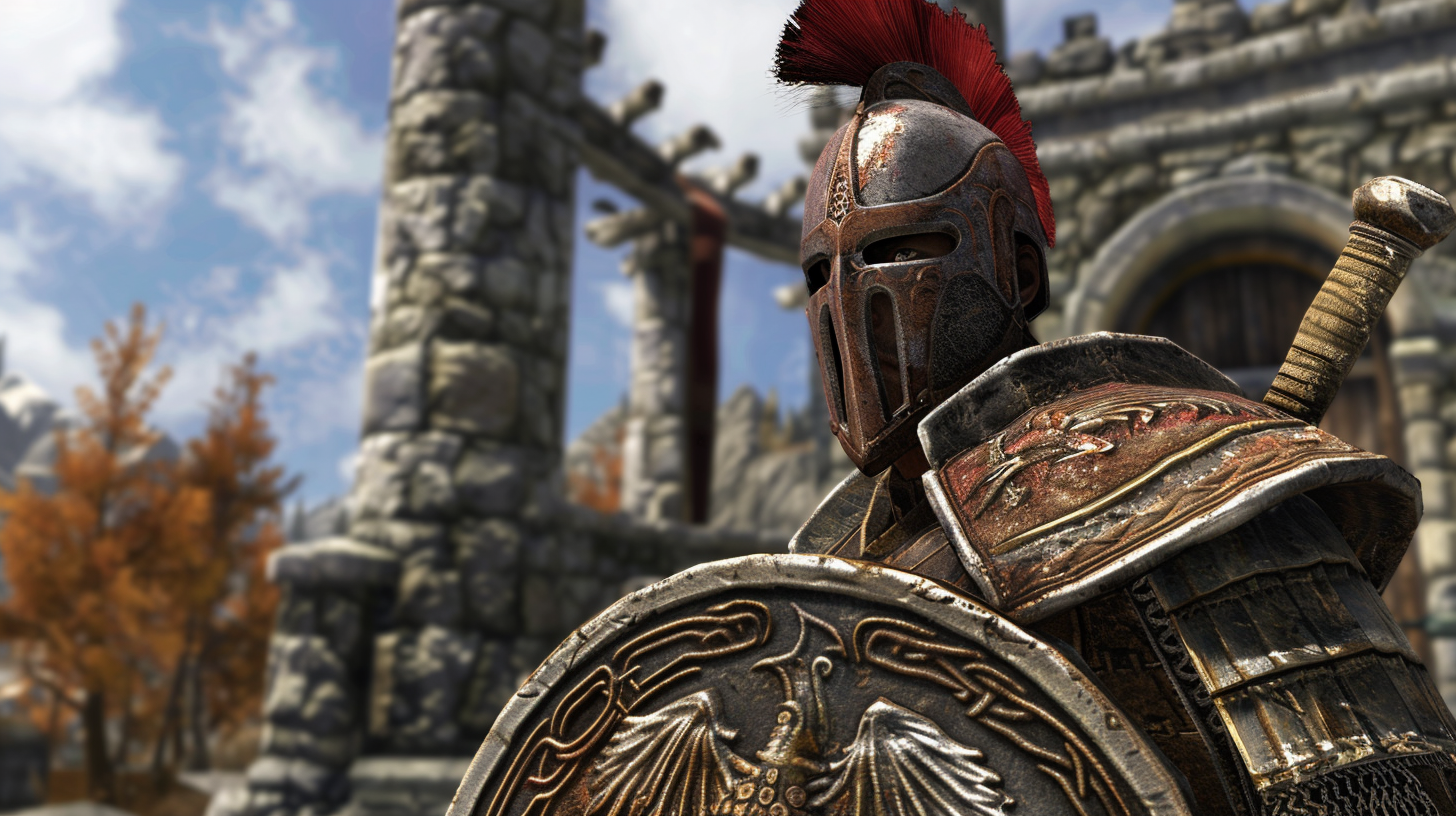The Elder Scrolls series, particularly Morrowind and Oblivion, offers a deeply intricate and highly impactful system for character building, a cornerstone of their respective gaming experiences. Far beyond simple class selection, these games empower players to truly forge their own destiny, influencing every facet of play and demanding strategic foresight. This foundational mechanic contributes significantly to the thrill of the game, transforming character creation into its own preliminary skill-based challenge.
In Morrowind, character creation began with choosing a race, birthsign, and a class, or custom-building one from scratch. This customizability was immense; players selected major, minor, and miscellaneous skills, defining how their character would grow. Unlike many modern RPGs, skills only increased through use, meaning a player wanting to wield a long blade needed to actually use a long blade repeatedly. This “learn by doing” approach made progressive play incredibly organic but also presented a significant risk if players didn’t understand the system, potentially leading to inefficient builds or even broken characters. The early game could feel like high-stakes entertainment as players grappled with low skill values, missing attacks frequently, or failing spells due to underlying dice rolls that brought an element of luck to every action. The rewards for perseverance, however, were profound: a deeply personalized character whose abilities felt earned and whose progression reflected genuine effort. Crafting a powerful spellcaster required diligent practice with specific schools of magic, while mastering stealth involved countless hours of sneaking. This granular control over development resonated deeply with a segment of the gaming community that valued complexity and the freedom to experiment, creating a truly unique virtual experience that rewarded dedication and strategic planning from the outset. The impact of early choices on the entire playthrough underscored the importance of this initial risk assessment.
Oblivion streamlined this character building process while still offering substantial depth. It retained the race, birthsign, and class selection but introduced an “efficient leveling” system. While skills still progressed by use, character attributes (like Strength or Intelligence) only increased upon leveling up, tied to how many governing skills had been raised. This created a new kind of skill-based challenge for optimizing attribute gains, turning leveling into a minigame for many. For some, this added an extra layer of strategic play; for others, it introduced an unforeseen risk of “leveling wrong” if not properly managed. Despite this, Oblivion’s more intuitive combat system made early play less punishing, allowing players to feel the rewards of their skill improvements more directly. The ability to join and progress through various guilds—like the Fighters Guild, Mages Guild, Thieves Guild, and the infamous Dark Brotherhood—also offered distinct paths for character specialization and unique rewards that complemented a player’s build. Whether focusing on brute strength, arcane power, or stealthy assassinations, Oblivion provided ample opportunity for progressive play and specialization. The blend of familiar RPG elements with innovative progression made it a highly engaging virtual experience for millions, cementing its place as a pivotal online game (in terms of its single-player online features, like patches and modding communities) for the Aussie gaming community and beyond. The choice of specialization and its impact on the thrill of the game through distinct gameplay styles underscores the lasting appeal of these character systems.




